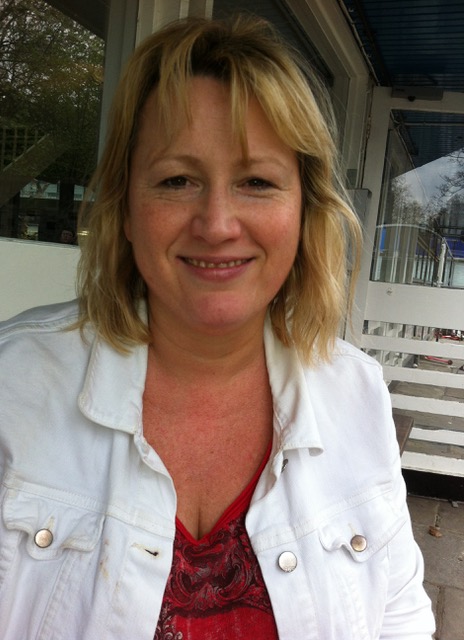I’ll start by saying that I was fully prepared to hate it. I’d read enough bad reviews about ‘Once upon a time in Hollywood’ to have preconditioned my mind to not like the movie. However, I was on a long haul flight and the film offerings were nothing worth getting excited over. This one piqued my curiosity and I started to watch it.
I am not new to Quentin Tarantino’s films. Just out of teens, I’d watched ‘Natural Born Killers’ with my friend and been riveted as well as disturbed by the violence in the movie. ‘Pulp Fiction’ though, just blew my mind, it was that good! ‘Kill Bill’ I watched on television when there was nothing else to watch, and despite myself, got sucked into the story. The point is, I am not unfamiliar with his oeuvre. Accusations of misogyny and gratuitous violence aside, there is no doubt that Tarantino has earned his stripes as a maverick filmmaker.
So, what about the people who’d said to me that this movie was one long yawn-fest? Without discounting their opinions, I tried watching it with a completely open mind and I was not disappointed.
A bit of background for those who do not know what this movie is about: In 1969, the horrific, brutal and senseless murders of Sharon Tate and her friends rocked the Hollywood community. Committed by Charles Manson’s ‘family’ members, a cult that believed so implicitly in their leader’s vision that they were ready to kill for him, it shook Hollywood to its core. Particularly as Sharon Tate, Roman Polanski’s wife had been eight and a half months pregnant, and despite begging for the life of her unborn baby, been stabbed fatally with her blood being used to write ‘pig’ on the front door.
In Tarantino’s retelling, he’s kept to most of the truth, combining the fictional lives of his protagonists played by Leonardo di Caprio and Brad Pitt, with the very real lives of Tate and co. In splicing real film footage from Tate’s career, he once again bucks the trend of recreating everything from scratch. This does not divert from the storytelling.
A washed-up actor and his stunt double are best buddies, having been through thick and thin together. Rick Dalton’s career is on the wane, and despite having bought property in Hollywood Hills, and being a neighbour to the hot new director Roman Polanski and his beautiful actress wife, Sharon Tate, Di Caprio’s Dalton is well aware that his glory days are behind him. In his downward slide is his pal and Man Friday, Cliff Booth, played by Pitt. Their career trajectory is also an examination of the rise and fall of the genre of the Westerns, and the lure of the terrible Spaghetti Westerns that flooded Hollywood in the ’60s.
Tarantino’s homage to Hollywood is heavy-handed and ham-fisted in many places, but his love for the industry shines through regardless. In this long (and sometimes rambling) tale, he examines the disparate states of human behaviour. There is Dalton’s self-awareness that his time is nearly up, there is Tate’s excitement in her rising star, there is the grime and the grunge of Manson’s cult and the shadowy side to their encampment, there is the muted loyalty of Pitt’s Booth and there are also many many digs at film stars past.
Can this retelling be taken as gospel? Of course not! Fiction is fiction after all, even if its basis may be fact.
Yes, Tarantino’s women are imperfect (cue: they snore!), nearly everyone uses profanity, Tate is portrayed as a vacuous, sweet blonde, his men are unlikely heroes and the violence when it arrives, is vicious, merciless and savage. These are all classic Tarantino tropes, and for a first-timer, they can be pretty shocking.
But look beyond that and you will see that what he is really trying to do, is change the course of history. In circumventing what really happened, by placing his protagonists as the obstacles to the murders, he is reimagining a more innocent world where evil was taken down before it could destroy beauty, innocence and life.
Sure, that’s not what happened. But it could have.
In the distance between reality and Tarantino’s fiction lies his imaginary revenge, a sweet and futile attempt to alter the past.


